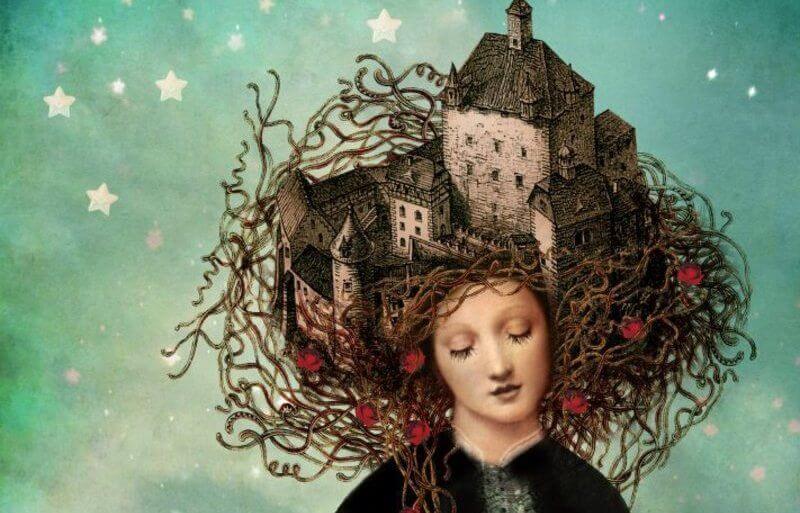It is not entirely true that paranesia and the one already known are the same, although we have already used them several times as synonyms because the latter is very common; in fact, there are two types of paramnesia, that of memory and that of recognition, déjà vu being a specific type of the latter.
When we finally experience a paramnesia of recognition (also related to cryptomenesia) what we certainly experience is a change or distortion of the experience of the facts: deja vu, seen, already felt?
- The phenomenon of deja vu is identified as the feeling that we have had an experience or experienced something before.
- The term.
- Which comes from French.
- Means?And it makes us believe that an unreal perception is true.
- Since it is totally new.
However, when we live in it, we know something strange is going on: haven’t I experienced it already?Some studies have tried to explain the reason for these misperceptions, including formulating different theories.
? -You don’t have to do that
“What if you already did?
? Movie: Deja Vu?
Between the late 19th and early 20th centuries, psychoanalysis was one of the first psychological currents to attempt to explain this mental phenomenon; in fact, Sigmund Freud and Carl Jung gave their own explanation to déj vu: the first attributed the second to repressed desires and the second to changes in the collective unconscious.
However, studies have now taken a turn for cognitive processes in the human brain and memory abnormalities:
As we have seen, the type of paramnesia is closely related to memory, are they unique memories?That we can all experience, even if experts think that the level of incidence among young people between the age of 15 and 25 is much more likely.

